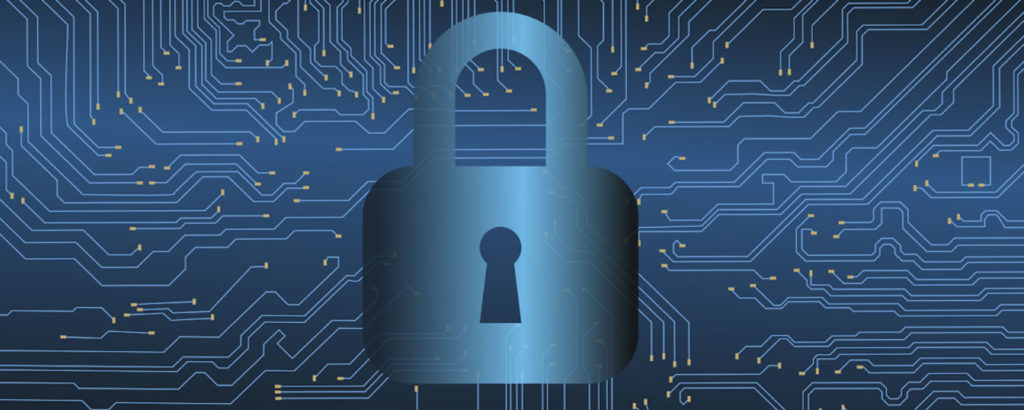
Network security is essential to creating trustworthy networks and protecting your firm from cyberattacks. It often involves a set of security rules, configurations, and processes that use many hardware and software tools. In this article, I’ll discuss some of the top software-based network security tools available today. I’ll also describe how they help boost your company’s security and trustworthiness.
But first, let’s take a peek into some must-have features for every network security software.
Must-Have Network Security Features
Every network security tool must analyze the traffic patterns to identify any internal and external threats.
Typically, network security tools leverage artificial intelligence and machine learning algorithms to look for specific threat patterns. That said, not all tools work alike.
Still, every tool must have certain features to preempt cyberattacks and safeguard your firm’s sensitive data.
Some must-have features in any network security tool include the following:
- Scalability to support your company’s growth
- Adaptability for securing different situations, geographies, business units, and environments
- Alignment with your business’s goals
- Integration with many commonly-used tools and infrastructure
- Reliability backed by excellent customer support
- Simplicity with an easy-to-use user interface
- Community and peer support group large enough to give assistance
- Visibility into your network’s activities
- Compliance with industry standards and the ability to generate detailed reports for internal auditing
- Capability to troubleshoot issues
I’ll discuss the top 5 network security tools to protect your network from cyberattacks in the following section. They include these must-have features, and a few other nice-to-have features, such as affordability and availability.
Top 5 Network Security Tools
Choosing the right network security software isn’t easy. Besides the must-have features, I also considered some nice-to-have features, such as automated remediation, real-time alerting, etc.
After weighing the options, here’s a list of network security tools I believe can make your networks more secure and reliable.
1. GFI Kerio Control
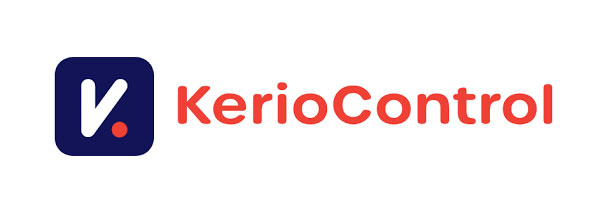
GFI KerioControl is a smart Next-Generation Firewall (NGFW) that extensively monitors your networks for threat detection, unwanted traffic, viruses, malware, etc. It’s a comprehensive yet affordable solution for small and medium-sized businesses.
KerioControl’s network security solution evaluates every incoming and outgoing data packet on your network. It compares the packets against the established traffic rules and raises alerts in case of any deviations.
KerioControl also detects threats based on content, application, and URL filtering and blocks them from entering your network. Furthermore, its advanced VPN technology uses industry-standard VPN protocols to secure your office connections within minutes.
You can continuously monitor and control the data flow in your network. In particular, this network security tool prevents bandwidth hogging and supports internet load balancing for uninterrupted productivity.
As an added value, you can even manage or block access to 100+ applications using the intuitive dashboard.
Overall, GFI KerioControl is an advanced and sophisticated network security software. It monitors and provides you with visibility and control over your network. You can also generate network status reports using right-out-of-the-box templates. It also ensures compliance with industry standards.
2. Zscaler Cloud Firewall

Zscaler Cloud Firewall analyzes your network’s web and non-web traffic to provide overarching support and protection to your critical assets.
It uses the cloud-native Security Service Edge (SSE) platform to protect all devices, applications, and users in your network. It’s fast, highly scalable, adaptable, and reliable. You’ll also find it suitable if your business supports remote working environments.
A salient Zscaler Cloud Firewall feature is its zero-trust approach to security. Every device and user must authenticate themselves before they can access the network. Access also depends on predetermined access controls.
Zscaler is cloud-delivered, so it doesn’t have a complicated setup. Additionally, the always-on feature prevents malicious data packets or users from accessing your system.
Finally, and more importantly, it has real-time notifications and dashboard updates to give your IT team complete control and visibility.
Overall, Zscaler delivers consistent performance when it comes to securing your network and the assets on it.
3. SolarWinds Security Event Manager
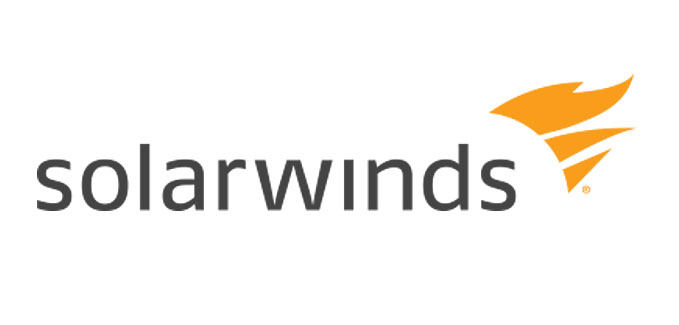
SolarWinds Security Event Manager is a Security Information and Event Management (SIEM) solution that continuously monitors your network for any suspicious activity.
In particular, it matches attack patterns with known and unknown threats. Consequently, it responds preemptively to thwart any attacks or reduce their impact on your company.
Essentially, Security Event Manager uses hundreds of prebuilt connectors to log and parse information from various sources into readable text.
The obvious advantage of this process is that you can better understand the context and, as a result, quickly fix security gaps. It also generates reports that meet compliance standards, such as HIPAA, SOX, and others.
Overall, Security Event Manager monitors and reports anomalies in your network, thereby, adding value to your organization.
4. CrowdStrike Falcon
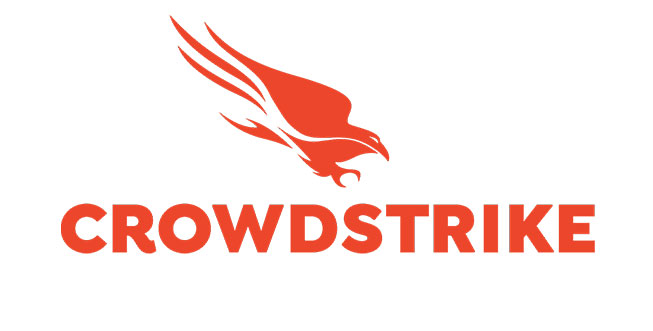
CrowdStrike Falcon is an endpoint, identity protection platform that handles end-to-end security.
It’s a comprehensive platform that monitors your network, endpoints, and user activity to identify any threats before they impact your data center.
Accordingly, if Falcon detects a vulnerability, it provides quick, easy, and intelligent options to fix the situation.
A highlight of CrowdStrike Falcon is its additional modules for handling specific security aspects, such as mobile endpoint protection, automated malware analysis, etc. You can add these modules based on your security needs.
Overall, CrowdStrike is a flexible and scalable platform for monitoring your network and its endpoints.
5. OSSEC
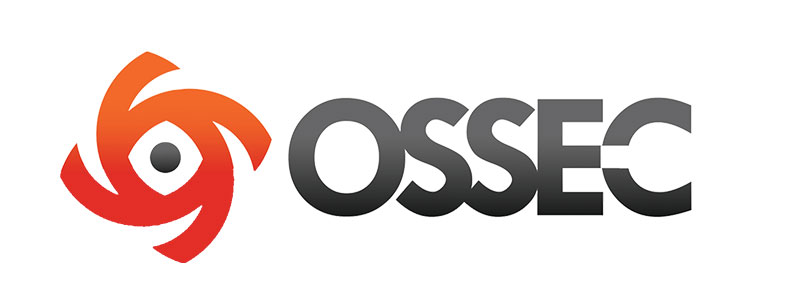
OSSEC is a free, open-source Host Intrusion Detection System (HIDS) that works well on Windows, Solaris, macOS, and Linux.
It performs many monitoring and analytics operations, such as log analysis, Windows registry monitoring, automated threat remediation, and other security functions.
OSSEC’s biggest advantage is that you can customize it to meet your company’s needs. It also helps firms comply with standards like the PCI DSS.
OSSEC is a good choice if you’re looking for a custom network monitoring solution. It’s also a better choice for companies that can leverage its customization.
All tools mentioned in the article boast the must-have features described earlier. So when it comes down to choosing one of these, you should consider your organization’s needs first.
Before we end, let’s summarize what we’ve discussed.
Final Thoughts
Network security is essential to your company, as it prevents unauthorized access to your critical resources. To this end, you need reliable network security software to set the rules and processes.
You’ll find many network security tools, but not every tool can or should make the cut. To decide wisely, look for the must-have features mentioned in this article, along with some good-to-have features that meet your firm’s goals. I hope the tools described in this article will help you implement network security in your organization.
Do you have more questions about network security tools? Check out the FAQ and Resources sections below!
FAQ
Do I need network security tools?
Yes, network security tools are essential for every organization. They protect your data and devices from unauthorized access and cyber threats. They also help you implement security policies and processes.
What are the different types of network security tools?
Network security tools range from firewalls and their types, email security tools, and Data Loss Prevention (DLP) tools to Intrusion Protection Systems (IPS). Many platforms combine two or more network security tools to provide a comprehensive solution.
Where can I use network security?
Network security applies to any network—public, private, and especially cloud networks. Public networks openly connect with the internet, while private networks are available only within companies, though outside users, like remote workers, can access them.
How can I secure my organization’s network?
Multiple network protection strategies such as security policies, processes, network security tools, and physical hardware help secure your firm’s network. You can also allow role-based access to provide extra-padded security based on your organization’s needs.
Are network security and cybersecurity the same?
No, they aren’t the same because network security is a subset of cybersecurity. In other words, network security tools and strategies protect only a network and its endpoints, while cybersecurity is more comprehensive and includes physical access controls as well.
Resources
TechGenix: Article on the Importance of Network Security
Learn more about the importance of network security.
TechGenix: Article on Cloud Network Security
Educate yourself on cloud network strategy.
TechGenix: Review on KerioControl
Read a review about GFI KerioControl.
TechGenix: Article on Network Security Policy
Understand why you mustn’t ignore your network security policy.
TechGenix: Article on Network Security Analysis
Find out some crucial lessons you can learn from network security analysis.


